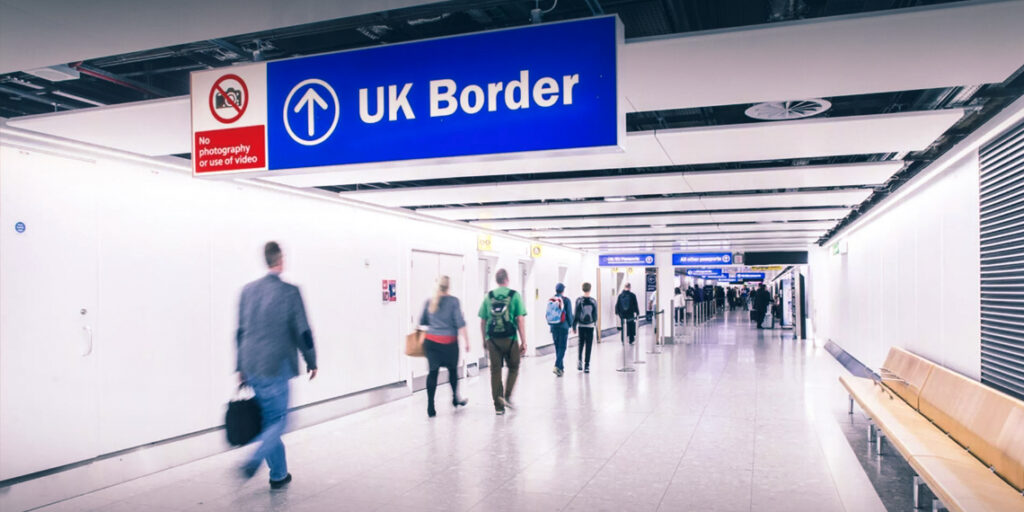Visitors to the UK from several countries are now required to obtain an Electronic Travel Authorisation (ETA) before entering, with the system’s rollout signalling increased costs for international tourists.
Originally set at £10 (€11.82), the ETA fee is slated for a substantial increase to £16 (€18.91), as announced by the UK Home Office.
This 60% fee hike aims to lessen the burden of migration and border system costs on taxpayers, potentially generating an annual £269 million (€318 million).
However, the proposed increase has sparked significant backlash from the tourism sector. Joss Croft, Chief Executive of UKinbound, expressed concerns about the detrimental impact on the UK’s tourism industry.
Similarly, Willie Walsh, IATA Director General, criticized the timing and size of the increase as harmful to the UK’s competitive standing in tourism.
He highlighted a recent government pledge to increase tourism by 30%, setting a target of 50 million visitors by 2030, arguing that the ETA price hike contradicts these ambitions.
The travel industry has welcomed one aspect of the new policy: transit passengers connecting flights in the UK without passing through immigration will not be required to pay the ETA fee.
This exemption, particularly beneficial for Heathrow and Manchester airports—which possess the requisite transit facilities—has been praised as a move that could enhance the UK’s travel competitiveness.
Debate on the fee increase is forthcoming in the UK Parliament, with approval required for the new rate to be enforced.
While the industry has condemned the increase as “bitterly disappointing,” citing recent hikes in air passenger duties, the government maintains that the adjustment is crucial for funding border operations without leaning on taxpayer support.


